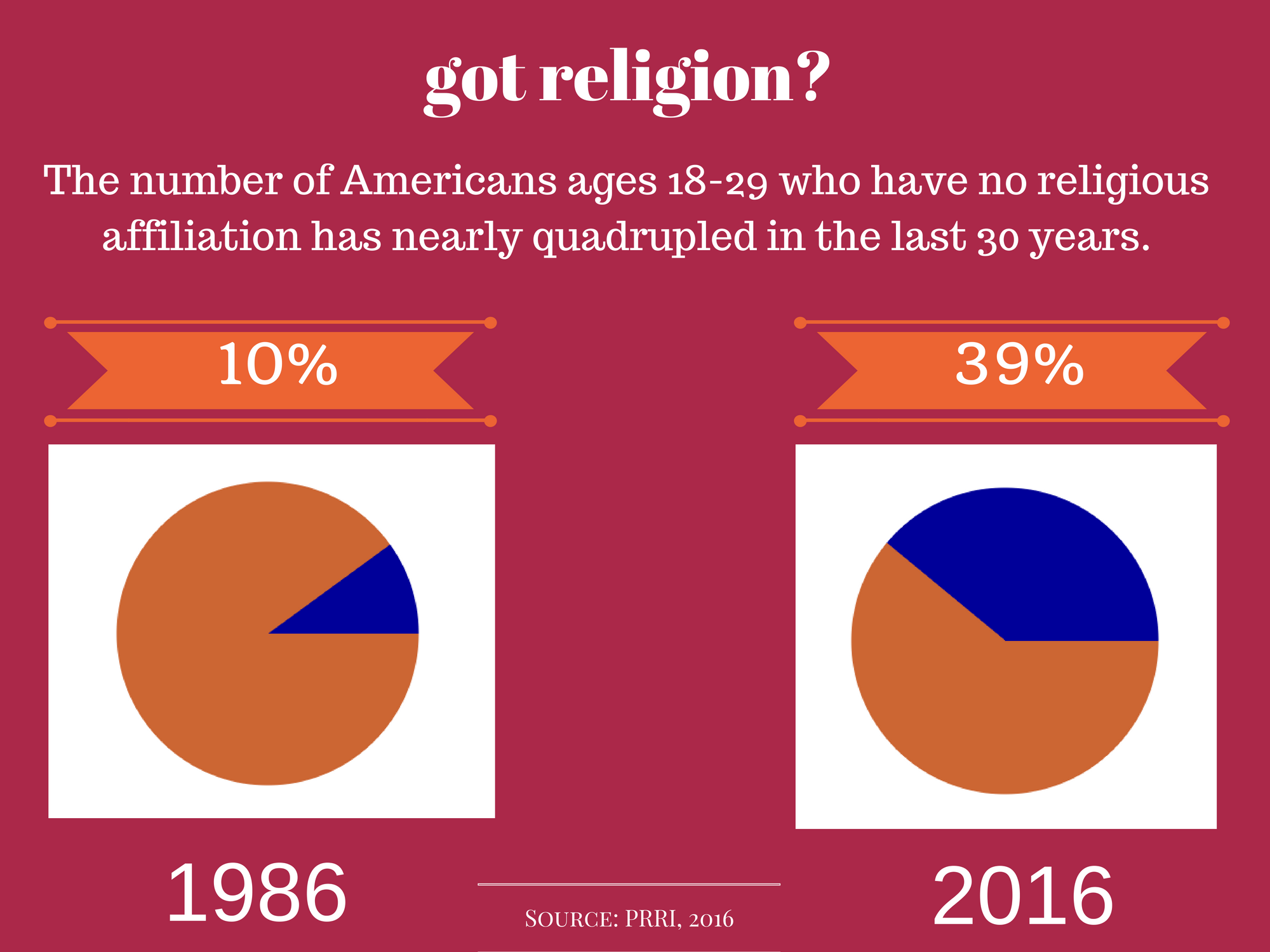Delve Into The Amazing Development Of Catholic Institutions And Their Significant Function In Education-- Do Their Traditions Offer A Pathway To Future Discovering?
Delve Into The Amazing Development Of Catholic Institutions And Their Significant Function In Education-- Do Their Traditions Offer A Pathway To Future Discovering?
Blog Article
Created By-Petersson Kumar
When you consider the history of education and learning, Catholic institutions stick out for their deep-rooted traditions and long-term impact. These establishments started as a means to infuse faith and worths, but they've adjusted extremely over centuries. Today, they play a crucial role in shaping not just scholastic success however likewise moral integrity. What's fascinating is exactly how they have actually taken care of to grow amidst transforming cultural landscapes, questioning concerning their future significance and influence.
The Beginnings of Catholic Education And Learning: A Historic Point of view
Catholic education traces its roots back over 1,500 years, when very early Christian communities recognized the requirement for structured learning. You'll discover that these neighborhoods aimed to hand down their faith and values via education and learning.
Monasteries and sanctuary institutions became facilities of knowing, nurturing both spiritual and intellectual development. As you delve much deeper, you'll see that the curriculum usually consisted of approach, theology, and the liberal arts, created to develop well-rounded individuals.
Over time, the Church developed a lot more formal organizations, making sure that education continued to be available to all. https://squareblogs.net/edgardo48loida/readying-students-permanently-the-all-encompassing-method-of-catholic-education to teaching ethical worths and cultivating a feeling of neighborhood has persisted with the centuries, shaping the academic landscape and influencing many lives worldwide.
This long-lasting tradition continues to motivate Catholic education and learning today.
The Development of Catholic Colleges Via Cultural Contexts
As cultures advanced, so did the function of Catholic schools, adjusting to the social contexts in which they existed. In the early years, these institutions concentrated primarily on religious direction, yet as areas expanded, they began to integrate regional languages, custom-mades, and instructional requirements.
You would certainly observe that Catholic schools often ended up being centers for social communication, promoting a sense of belonging among students from various histories. In lots of regions, they dealt with social concerns, such as destitution and discrimination, by providing easily accessible education for all.
As you discover various cultures, you'll see how Catholic institutions have actually moved their curricula and training approaches, mirroring the worths and challenges of their environments while remaining true to their foundational objective of belief and academic excellence.
The Modern Function and Impact of Catholic Schools in Society
In today's world, Catholic institutions play a crucial function fit not just the academic landscape, yet likewise the more comprehensive area.
You'll locate that these organizations highlight values like regard, empathy, and social justice, promoting well-shaped people that add favorably to society. By focusing on academic quality and moral development, Catholic schools prepare trainees for future obstacles, nurturing vital reasoning and management abilities.
They frequently serve diverse populaces, bridging voids in access to quality education. Additionally, you might notice their commitment to solution, motivating trainees to participate in neighborhood outreach and volunteer work.
This mix of education and learning and ethical assistance makes Catholic colleges a considerable force, cultivating liable citizens that can affect their communities right.
Conclusion
To conclude, Catholic colleges have a rich history that's shaped their enduring impact on society. Read More Here 've seen exactly how they have actually adjusted to various social contexts while keeping a dedication to belief, values, and scholastic excellence. Today, they remain to play a vital function in cultivating neighborhood, promoting social justice, and nurturing accountable residents. As you review their legacy, it's clear that Catholic schools stay an effective pressure for favorable change on the planet.
